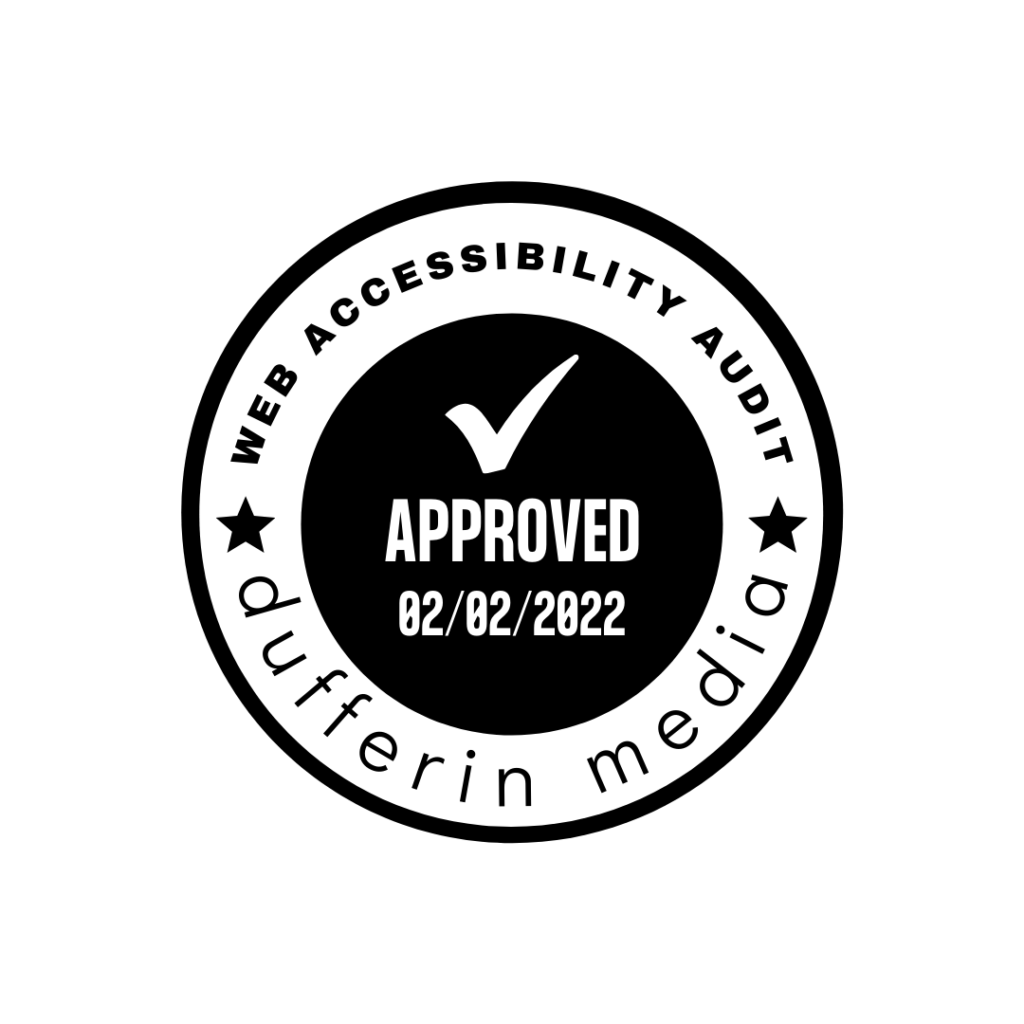Pet Custody in Ontario

Who Gets Custody of the Family Pet When A Breakup Occurs?
The touchy topic of “Pet Custody in Ontario”
The truth is there’s no such thing as a “pet custody” battle when it comes to pets in Ontario. That’s because pets are not considered to be a part of the family unit, even if we treat them like family, or in some cases maybe even better than family! While a number of considerations might be taken under advisement during any legal proceedings related to divorce or common-law separation, the reality is that pets of all kinds; whether dogs and cats, birds or bunnies, lizards or even a teacup potbellied pig, all are considered under current Ontario law to be nothing more than property, despite our emotional attachments to them.
Judges often take a dim view when matters of pet ownership come before the courts because not only does a judge not actually have jurisdiction over such matters, but as in one of the leading cases cited on this subject, Warner v. Gering, the judge wrote: a court should not be “in the business of making custody orders for pets…. because pets are not children…. and should not occupy more court resources than it merits.” Later, the Ontario Court of Appeal upheld this ruling and in another often-cited ruling, Henderson V. Henderson, found “that in a justice system that is incredibly busy, where delay has virtually become systemic, where there are cases involving child welfare and family matters that wait months for adjudication, courts are usually reluctant to entertain family matters involving pets. It must be kept in perspective and measured against other matters, many of which inarguably are of more importance. … To consume scarce judicial resources with this matter is wasteful.”
What Can You Legally Do?
What is a family to do then, knowing their pet is a treasured member of the family and might even be integral to healing the trauma of a divorce or separation? There are avenues the court will consider when it comes to establishing who can maintain ownership of the property you call Rover or Kitty. Most often, the resolving factor is proof of ownership. Consideration of pet ownership might look like this:
- A thorough review of the pet’s history including origin of ownership such as a record of adoption, a proof of purchase or registration papers in the case of a purebred. The person whose name is listed will be considered the legal owner.
- However, courts will also look to whether the pet was purchased jointly (during the relationship) whether it was brought into the relationship by one party OR whether it was purchased as a gift by one party for the other.
- Courts will also consider whether either party surrendered possession rights when they left the marital home
or
- Whether there is an abundance of evidence including receipts, veterinarian bills, bank statements or the purchase of a city license to support a claim that one spouse, by virtue of incurring all costs associated with the pet’s care, is the rightful owner.
If this still sounds a little bleak to you, there are occasions in which a court will make a rare decision on pet ownership by taking into consideration what is in the best interests of any children involved. If a child has bonded with the pet and/or it is considered to be in that child’s best interests to have the pet residing in the same home as the child’s primary caregiver, some Ontario Courts have ruled accordingly.
Pet Custody
Litigation over “pet custody” can be costly, time-consuming and could result in a judge who will issue a ruling based solely on the limited evidence and time allocated to the matter during divorce proceedings. The result could be a final order, a ruling that will “govern the ownership of the pet for the remainder of their life.” If that ruling is not in your favour, it may only add to any heartbreak you and/or your children are already experiencing.
For some families, this might mean a better option is to attempt to mediate any dispute themselves (or with the help of a family law mediator) and come to an agreement that might be regarded as similar to a parenting plan. This could result in a shared time agreement similar to what you might have for any minor children and perhaps the family pet simply follows the same arrangements. Remember if choosing this route that you will also want to consider:
Determining the Pet’s Primary Residence
When deciding where the pet will live permanently, practical considerations and the animal’s well-being should take priority. A stable environment with ample space, consistent routines, and proximity to familiar parks or caregivers (e.g., a trusted veterinarian or dog walker) can ease the transition for the pet. Courts may default to the primary caregiver during the relationship—the person who handled daily tasks like feeding, grooming, or walks—but couples can negotiate alternatives. For example, shared custody might work if both parties live nearby and agree to a schedule, but this requires cooperation and trust. Documenting the arrangement in writing, even informally, can prevent misunderstandings and ensure the pet’s needs remain central.
Managing Ongoing Care Costs
Financial responsibility for a pet’s care should be clearly outlined to avoid future disputes. This includes recurring expenses like food, grooming, and routine vet visits, as well as unexpected costs such as emergency surgeries or medications. Couples might split costs proportionally based on income, assign specific expenses to each party (e.g., one covers food while the other handles vet bills), or designate one person as the primary financial provider. If one spouse assumes most costs, they may have a stronger claim to ownership. Keep records of payments (receipts, bank statements) to clarify contributions. For shared arrangements, consider setting up a joint account for pet-related expenses or drafting a written agreement to formalize responsibilities.
Defining Decision-Making Authority in Emergencies
A pet’s medical emergency requires swift action, so identifying the primary decision-maker is critical. This person should have legal authority to approve treatments, access veterinary records, and communicate with the care team. If joint decision-making is preferred, ensure both parties agree on a threshold for expenses (e.g., consulting each other for costs over $500) and outline protocols for urgent situations. Some couples include a clause in their agreement requiring mutual consent for major procedures, but this risks delays in life-saving care. To strengthen accountability, consider granting one party “power of attorney” for the pet or specifying a trusted third party (e.g., a veterinarian or mutual friend) to mediate disagreements. Clear guidelines reduce stress for both owners and the pet during crises.
How Can Foote Law Help?
Separation and divorce is a painful time for everyone. Taking solace in the cuddle of the family pet might help you through the trauma but asking the court to decide who gets to do the cuddling is about ownership not “pet custody”. We might think of Rover or Kitty as a family member but in an Ontario Court, they’re property. If you’d like to know more about “pet custody,” or need help talking through your pet-related concerns during a break-up, contact Foote Law in Orangeville. We are a compassionate, caring and competent family law office AND we’re here to help!
Sources:



Recent Comments